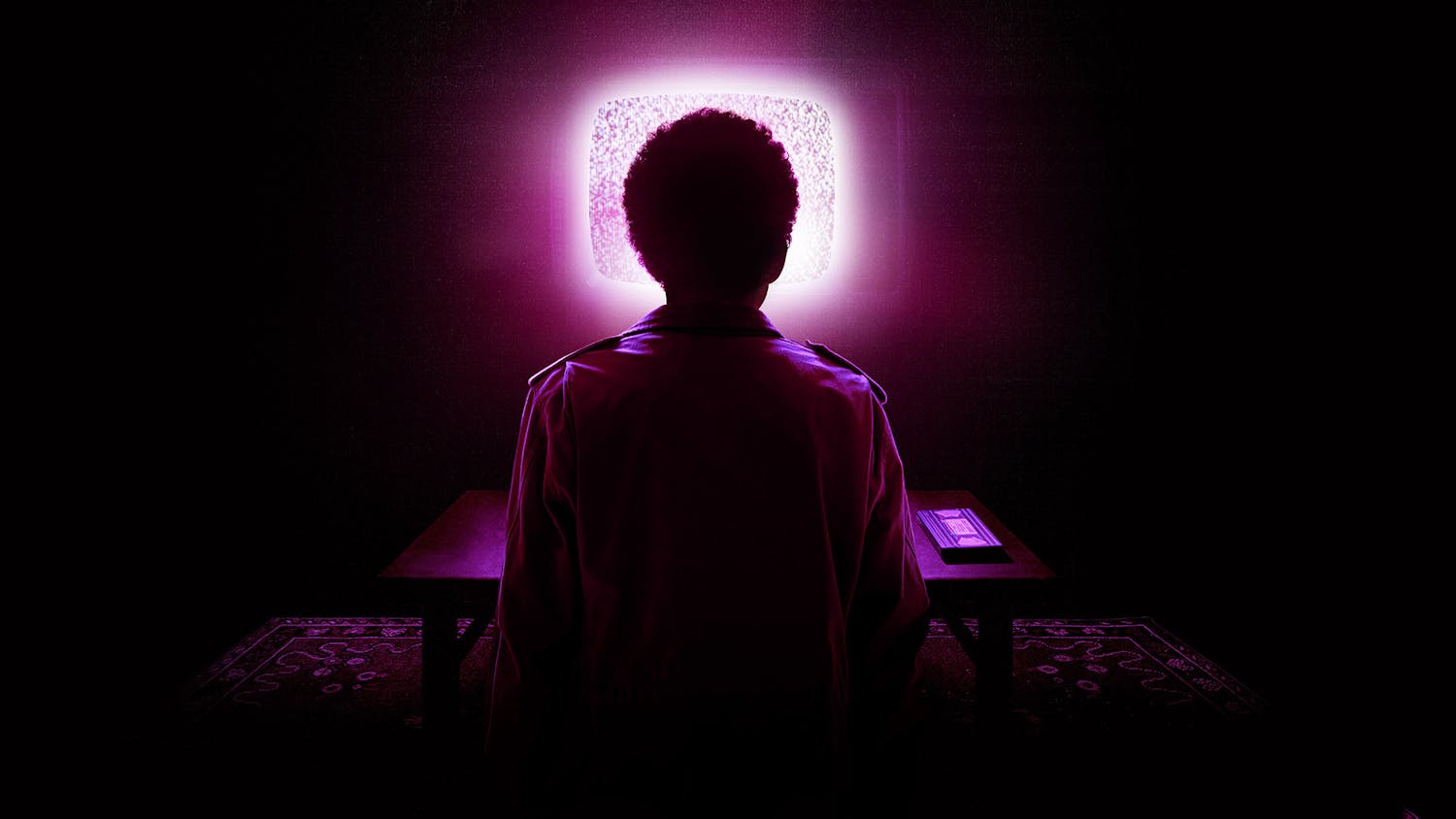This is my last column for the Middlebury Campus, so I decided to write something a little bit different than my usual game review. With the arrival of the new console generation, the recent surge of independent game releases, and the ongoing debates about games as an artistic medium, I figured that maybe it was time to write a short piece on how I see the state of games.
Gamers and game designers have fought for years over the idea of “Games as Art”. Some argue that, like any creative medium, games deserve proper artistic respect and recognition. Others argue that defining games as art might ruin the fun. For those outside of the community, those who only see the big, Call of Duty style releases, it is hard to understand what could be artistic about games. At face value, games seem to be violent, shallow experiences only intended to dazzle and entertain.
Games, as I see them, are just barely out of their adolescence. Games began as the simple diversions that most people see them as. A game like Pong might provide hours of entertainment, but an art piece it is not. Arcades and home consoles continued to push the envelope technologically from there, allowing for fuller, more complex experiences, yet games continued to exist primarily for their entertainment value. Most games focused on challenges, battles, conflicts. Games liked to focus on heroes saving princesses or sole soldiers winning wars; however, as technology has improved, and the techniques of gaming storytelling have become more nuanced, something new has started to emerge.
The first game that spoke to me on a narrative level was Kingdom Hearts for the Playstation 2. A mash up of Disney and Final Fantasy characters, Kingdom Hearts was not exactly subtle, but it showed me how a game story can contain emotional weight. Its most impactful moment took place about three-fourths of the way through the game. The main character, Sora is stripped of his powers and his friends. The player must then guide the enfeebled Sora through the most challenging level they have faced with only The Beast (from “Beauty and the Beast”, naturally) to help them. This segment made me feel the same weakness that Sora felt, the same frustration. Kingdom Hearts did not invent this technique, but it introduced it to me: the idea that the gameplay can tell the story even more effectively than narrative scenes.
Not every game has adopted this technique, but it is starting to crop up more and more. Games like Journey, Shadow of the Colossus, Minecraft, Dark Souls, and Metro 2033 all present their stories through their gameplay, encouraging the players to feel the same emotions and desires that the protagonists feel. I am not trying to say that this technique is the only important one in the game designer’s arsenal, just that the increased use of the technique is a sign of gaming’s maturation. As we come into the 21st century, we are seeing more games, and more mainstream games, that are utilizing gameplay focused storytelling.
So, if gaming has come out of its adolescence, it is settling down now into its teenage years. It is experimenting with some new ideas, some of which are good, some of which are bad, but it still has a way to go to reach full maturity and acceptance. Gaming does still face some attacks from the outside.
Now and again someone will try to censor a game, or pass a law to protect the kids, but these complaints are coming across as increasingly anachronistic.
What is truly holding gaming back right now is the gaming community itself. We all have heard or experienced the horror stories of Xbox Live chat, or gamers freaking out over small details that they dislike in games. In some ways, these reactions can be written off as those of immature children. In other cases, it is hard to shrug off the abuse and venom as mere childish complaints. When Mass Effect 3 came out, somebody tried to sue Bioware because they did not like the ending. When Anita Sarkeesian began work on her “Tropes vs. Women in Videogames” series, people sent her rape and death threats. Seriously, check out some online news stories about “Tropes vs. Women.” It is horrifying stuff. These are not the reactions of a mature community. These are the reactions of entitled, angry children who think that they should have whatever they want, exactly when they want it.
The good news is that it is easy to be a part of the solution. Game designers, especially in the independent market, have shown a willingness to make more nuanced games that can be rightfully called art. Gamers have shown a willingness to buy these games and to play them right alongside the mass of fantastic entertainment games that are coming out as well. It is a great time to be a gamer. All we have to do to be a part of the solution is enjoy. If someone wants to make a game, and you don’t like it, that’s fine. There are hundreds more games out there for you. If someone wants to criticize games, you don’t have to fight them. We are not a harassed minority group in need of defense. Gaming is starting to come into its own, both in terms of quality of experience, and acceptance in the world, it is time for gamers to come into their own along with it. Kick back, be cool to the people that you play with and enjoy the ride.
One Life Left: The State of Video Games
Comments



